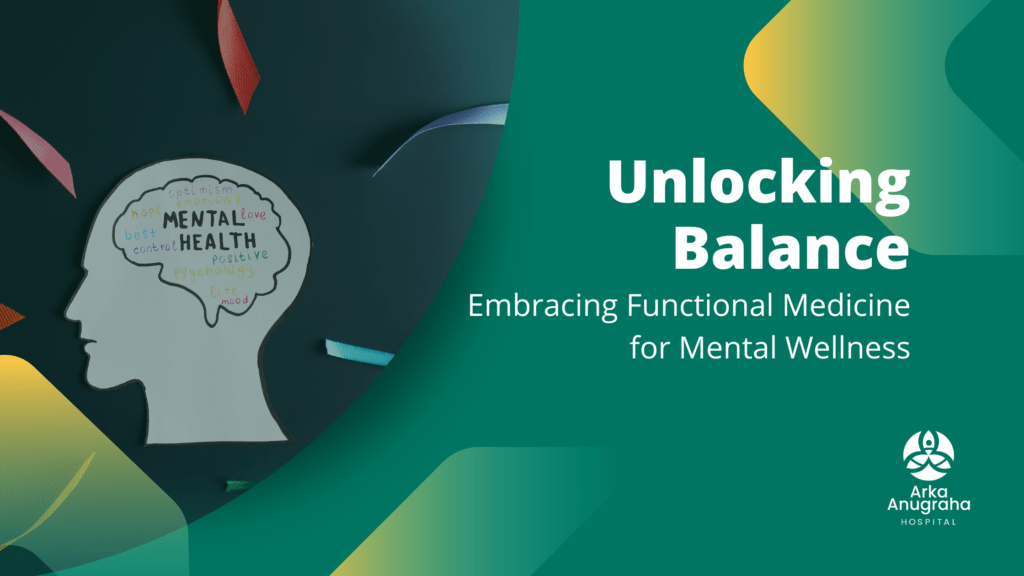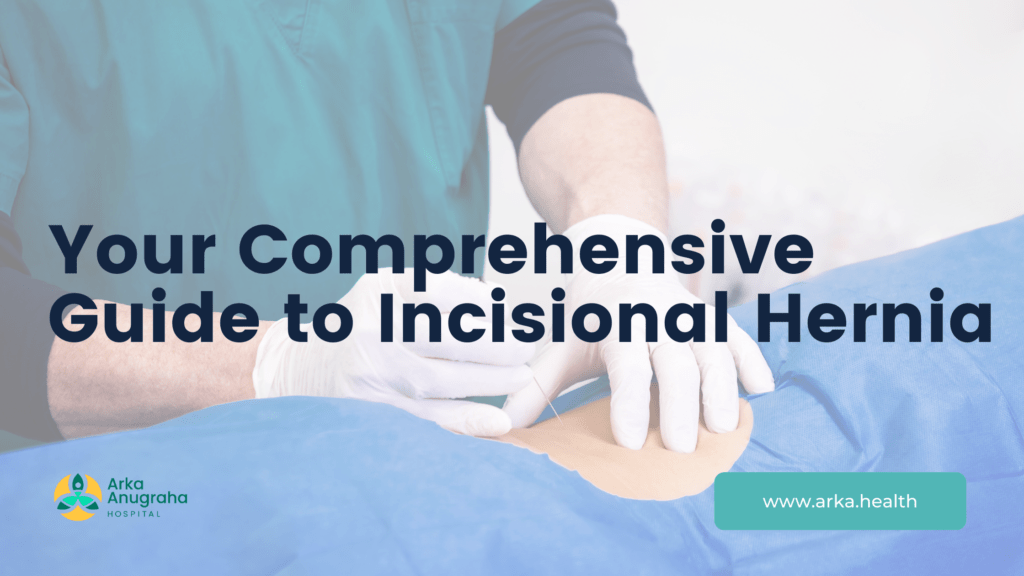How Far Infrared Saunas Can Improve Your Heart Health
How Far Infrared Saunas Can Improve Your Heart Health Home > Blogs Author Dr. Gaurang Ramesh Date July 16, 2023 In recent years, far infrared saunas have gained popularity as a tool for promoting cardiovascular health. These saunas differ from traditional Finnish-style saunas, as they use ceramic or metallic heating elements to produce far-infrared radiation […]













